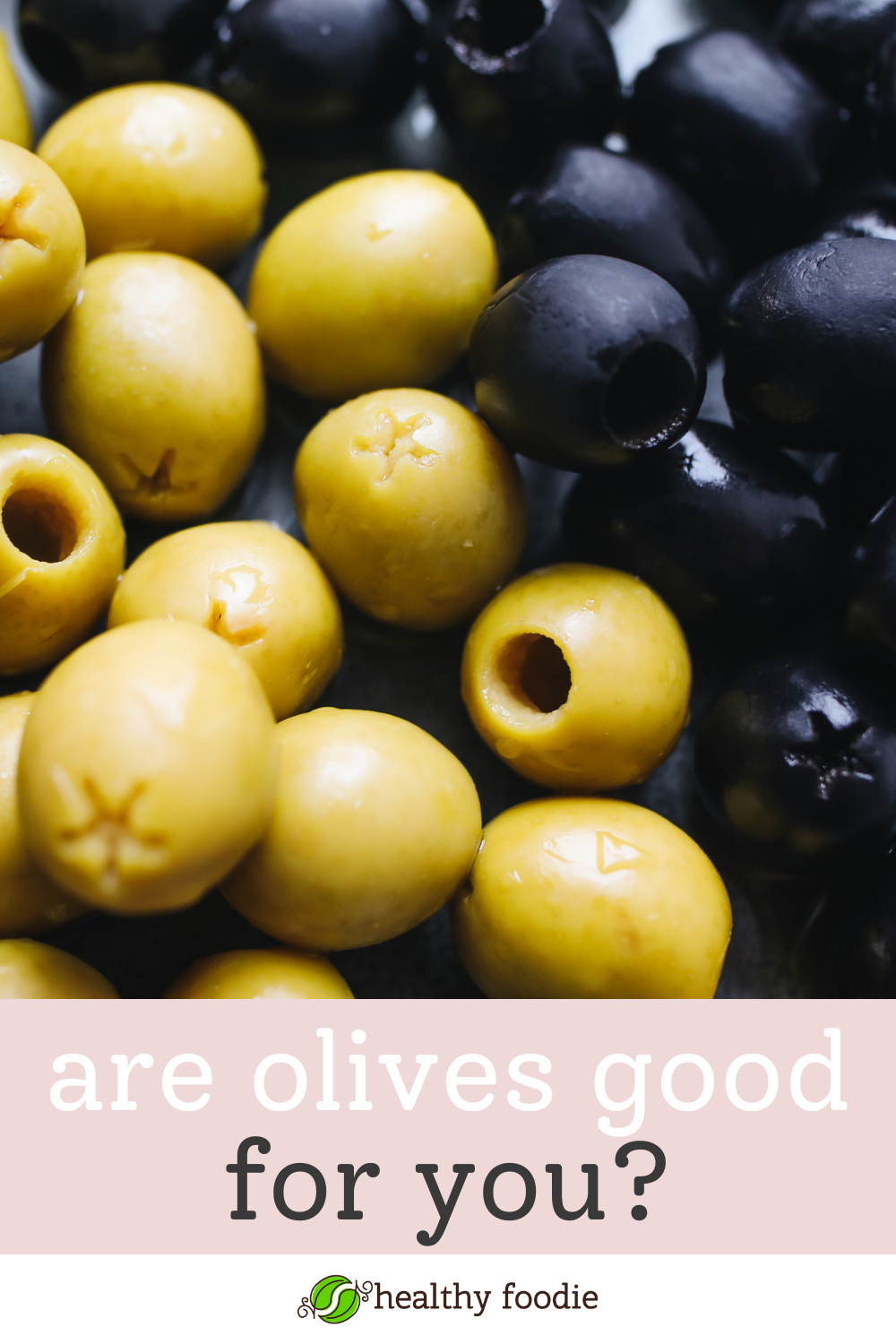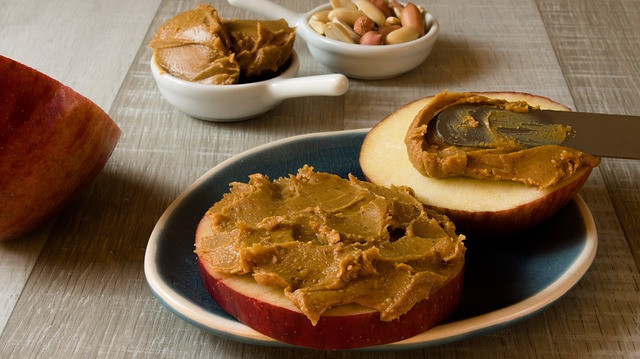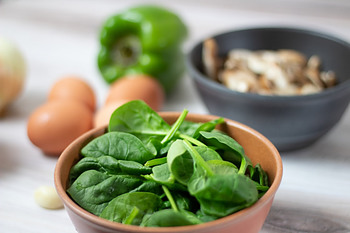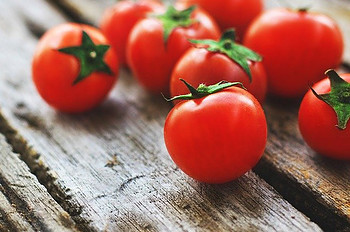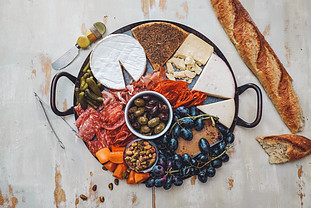Are Olives Good For You?

Kalamata olives, green olives, manzanilla olives, and tons of other olive varieties are a delicacy depending on your taste buds. Did you know, they may actually be quite good for your health? If you enjoy the taste of olives, this fermented food might be a fantastic addition to your diet not only because of its taste but because of its health benefits. You might be asking yourself, “are olives good for you?”. I will help you understand that they truly can be! I’ll break down what’s healthy about them and why you may want to add them to your grocery list.
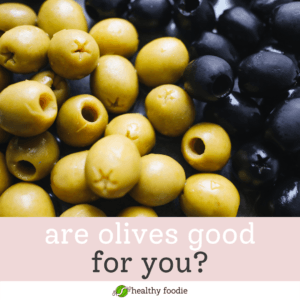
Are Olives A Healthy Snack?
If you love the taste of olives, you might be wondering if they make a healthy snack addition. Olives are high in Vitamin E and plenty of other powerful antioxidants. Some studies have shown that they are great for the heart and might protect against osteoporosis and some forms of cancer. If you use olive oil, that oil is extracted from the healthy fats in olives. Pretty cool! Here is a list of the best healthy cooking oils, one of which is olive oil.
In Mediterranean diets, these fruits (yes, they are fruits) are a staple, and for good reason. Research has indicated that eating olives may slow the aging process and boost your good gut bacteria. They are packed with heart healthy fats that help decrease inflammation and may reduce the risk of heart disease. Olives are a fantastic addition to many meals while on a Mediterranean diet. This diet has been shown to help with weight loss, so while olives themselves may not aid in weight loss, the diet they are closely associated with can.

A typical snack-size serving of olives will consist of five to ten single olives. Depending on your weight and height, 2 to 3 ounces of olives is a good amount, or 56 to 84 grams. Watch how many you eat and buy organic for best quality. Stick to snacking on them from time to time, but in small quantities.
Are Olives Good For You?
There are tons of olives on the market and all have different nutrition levels. One thing to watch for when eating olives is how much sodium they contain. Too much sodium could leave you feeling a little dried out and dehydrated the next day, so keep the snacking to a minimum. While in the grocery store, check the nutrition labels on your olives before purchasing and buy organic.
One black olive has 32 milligrams of sodium. Read the nutrition facts on the label so you can watch your sodium intake. Learn more about whether olives are good for you here.
Looking for some Healthy Charcuterie Cups with olives? Try these!
Health Benefits of Olives
There are many health benefits of olives, some of which are listed above! Bottom line is, you can’t go wrong eating olives from time to time with your meals or as a snack. Here are some of the top benefits of eating olives:
- They are full of antioxidants – These antioxidants protect the body against free radicals and can alleviate stress levels.
- They are an excellent source of minerals – Black olives are a great source of iron. These minerals may reduce the risk of heart disease in the body.
- Olives are full of heart healthy fats – Olives are rich in monounsaturated fatty acids, meaning they are healthy fats. These healthy fats help decrease inflammation in the body and reduce the risk of heart disease.
- Olives are low in calories – olives have a negative calorie load, meaning you burn more calories by digesting an olive than you gain eating one!
- They reduce oxidative stress – Polyphenols are a natural chemical in olives that reduce oxidative stress. Polyphenols elevate the protein levels in the brain, promoting brain growth, development, and stronger brain cells.
- Olives combat aging – the antioxidant properties promote soft and healthy skin cells because of the vitamin E.
- They regulate appetite control – The monounsaturated fatty acids in olives slow down digestion and make you feel full.
- Olives have anti-cancer properties – Two key factors in the development of cancer are oxidative stress and chronic inflammation. The antioxidants will help reduce these stressors and reduce the risk of cancer.
- Olives are a great source of dietary fiber – Within 10 olives there are about 1.5 grams of fiber, plenty to feed the microbiome of your gut.
So add some olives to your diet and try these Healthy Charcuterie Board Cups.
Are Black Olives Better Than Green Olives?
What’s the difference between a black olive and a green olive? Both are grown on olive trees, mostly in countries bordering the Mediterranean Sea but also in parts of the U.S. and Oceania. Green olives and black olives are almost identical in their level of healthiness, the only difference is their coloration.

Green and black olives are of the same plant, so they are virtually the same fruit just at different stages of ripeness. Unripe olives are green in color. As it ripens it turns into a purple color. When fully ripe, the olives are black. Green olives are typically more bitter in taste and contain slightly more calories than a black olive. So when it comes down to it, black olives may be a tad healthier.
Are Olives Anti-Inflammatory?
Olives are full of antioxidants which have been proven to reduce chronic inflammation. There are two types of antioxidants found in olives: hydroxytyrosol and oleanolic acid. These two antioxidants are superb at reducing inflammation in animals and humans. They may also help with liver health and reduce fat levels in the bloodstream.
Olives are in fact good for you, in moderation. This seems to be the rule for many foods, everything in moderation right? Having a handful of olives each day or a few times a week may make a positive change in your lifestyle. It can help with reduced risk of heart disease, heart health, cholesterol levels, and cancer prevention. Check out different types of olives that you may enjoy and keep them on hand for a healthy snack. So the answer to, “are olives good for you?” is simply, yes! Enjoy these salty snacks.
